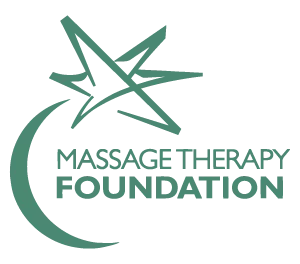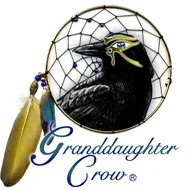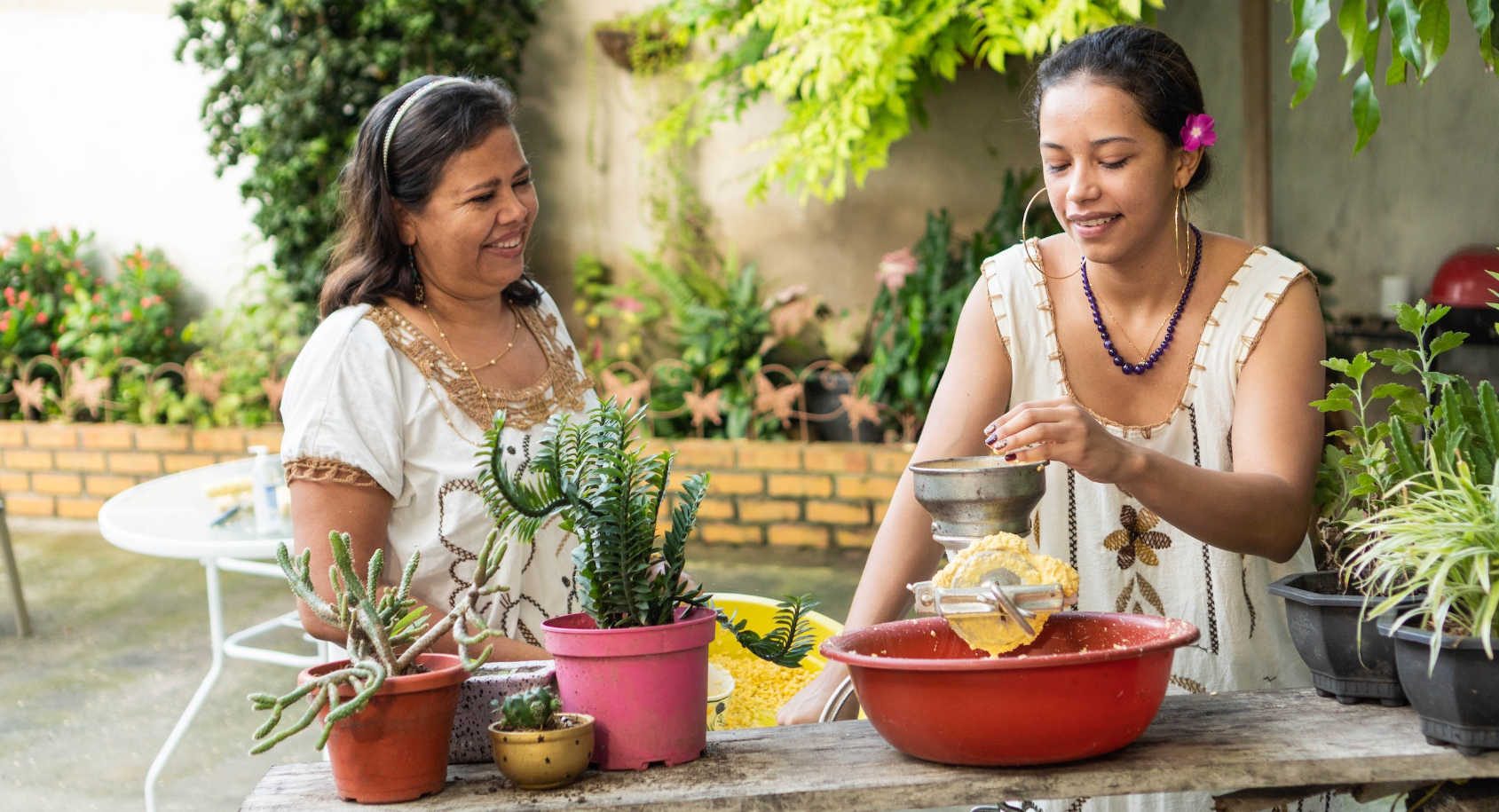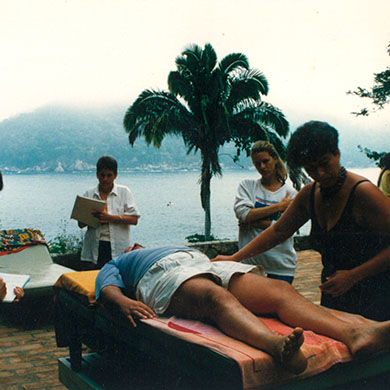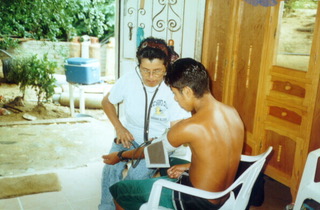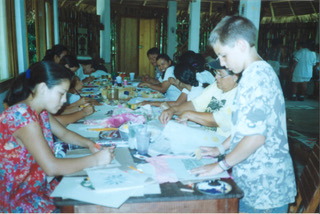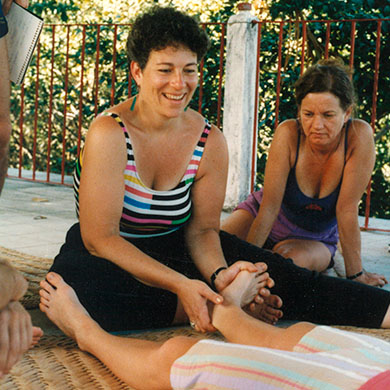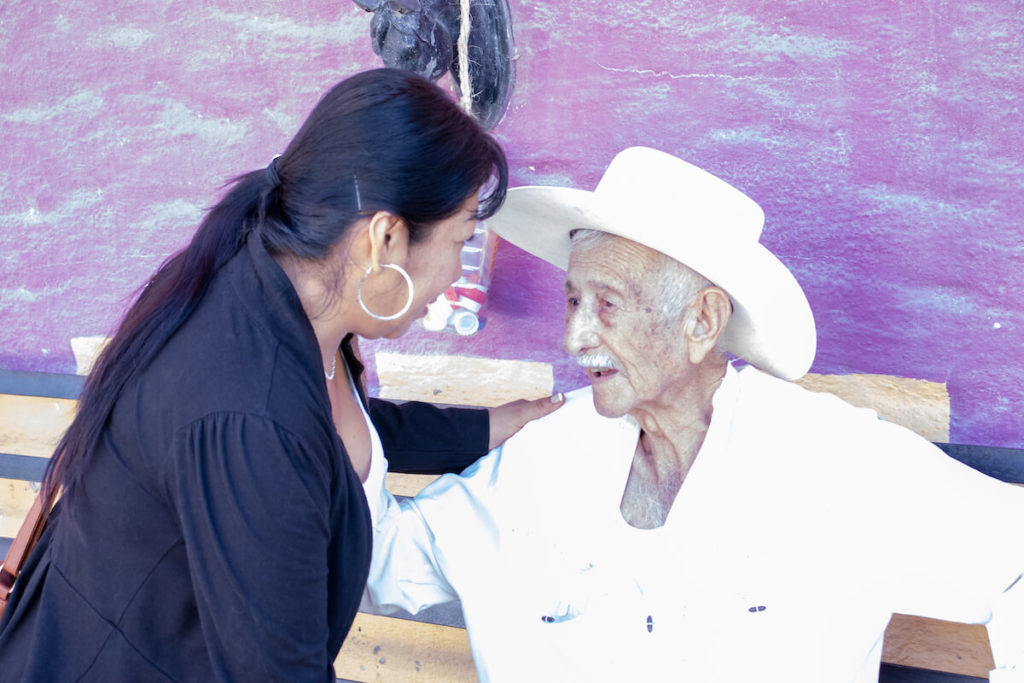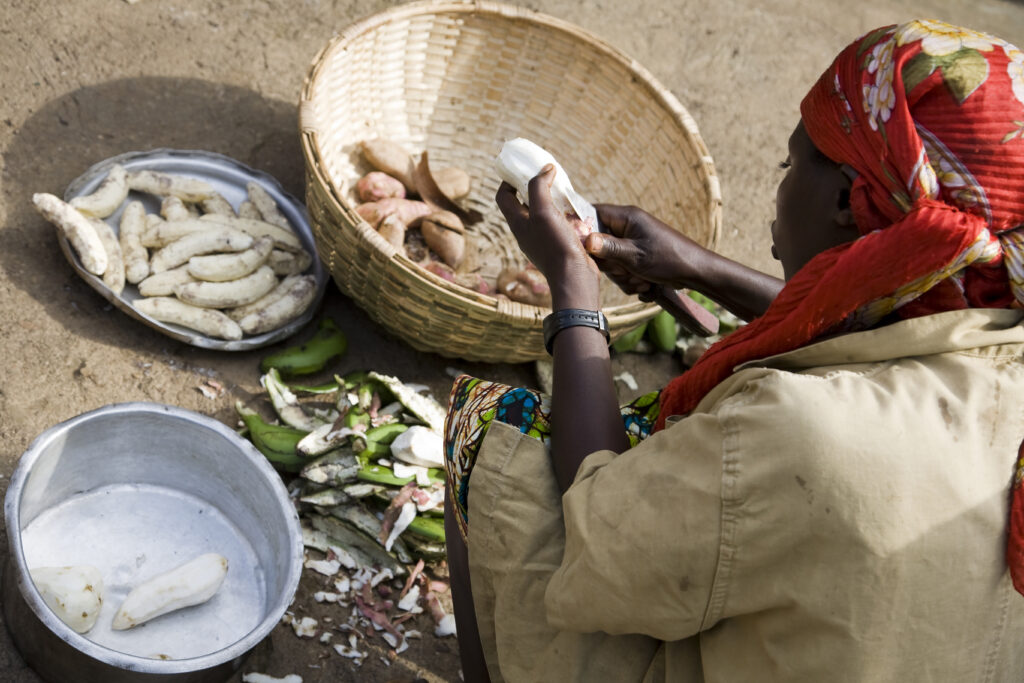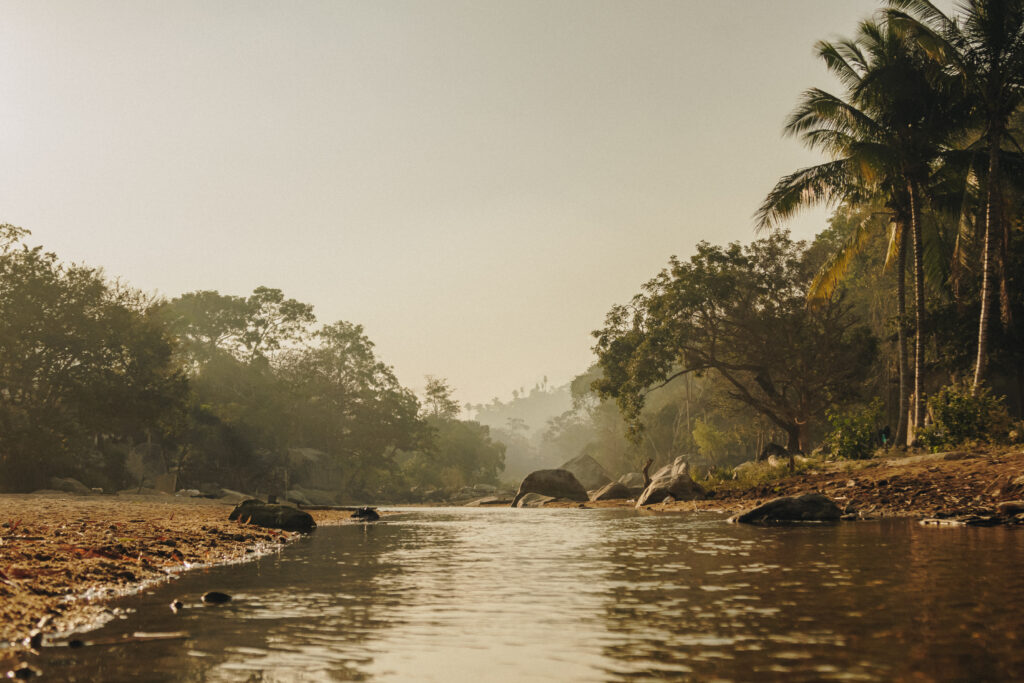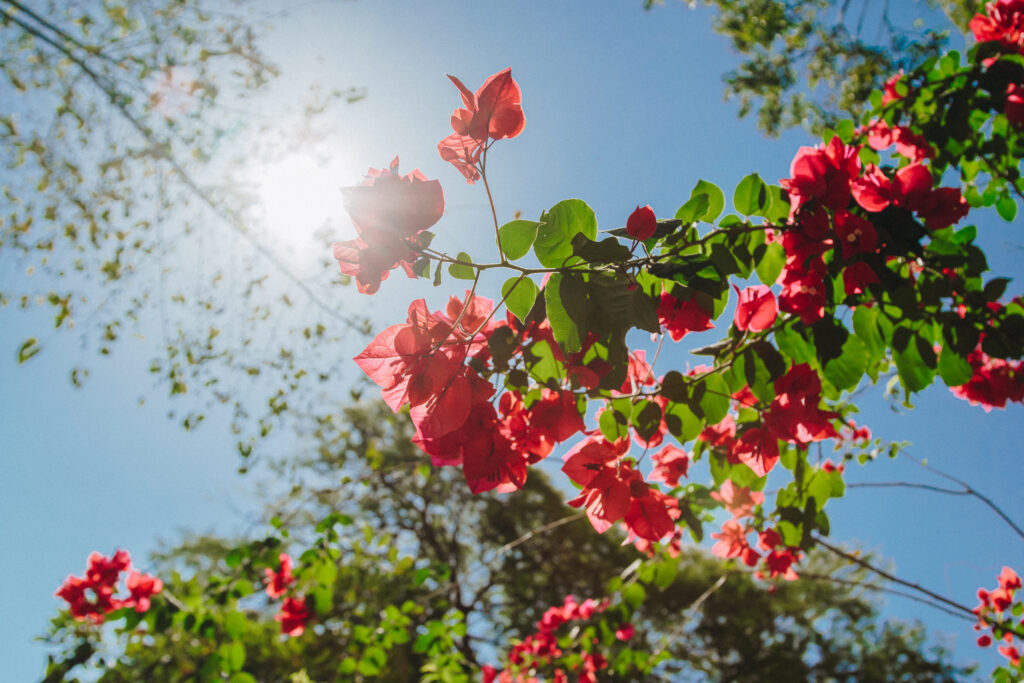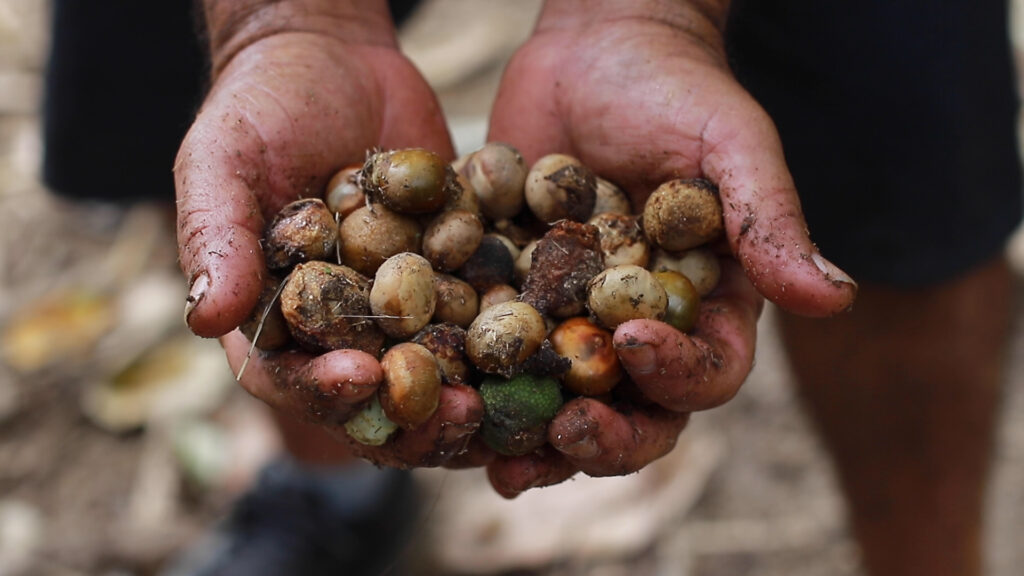Center for Traditional Medicine
Bridging Ancient Science with Modern Wisdom
Founded in 1977, the Center for Traditional Medicine (CTM) has been a pioneering force in clinical practice, research, policy development, and social change, applying traditional medicine through a feminist, social justice, and Indigenous-centric lens.
Meet Dr. Leslie Korn, founding director of the Center for Traditional Medicine, dedicated to healing, education, and traditional ecological knowledge since 1977.
The Mother of All Medicine
Traditional medicine is the foundation of all healing systems. More than 80% of the world’s population relies on traditional medicine for primary health care.
Traditional medicine is grounded in the deep relationship between living beings and the natural world, evolving from the earliest human and animal efforts to restore health.
CTM preserves, educates and innovates within these systems to ensure their continued relevance and accessibility.
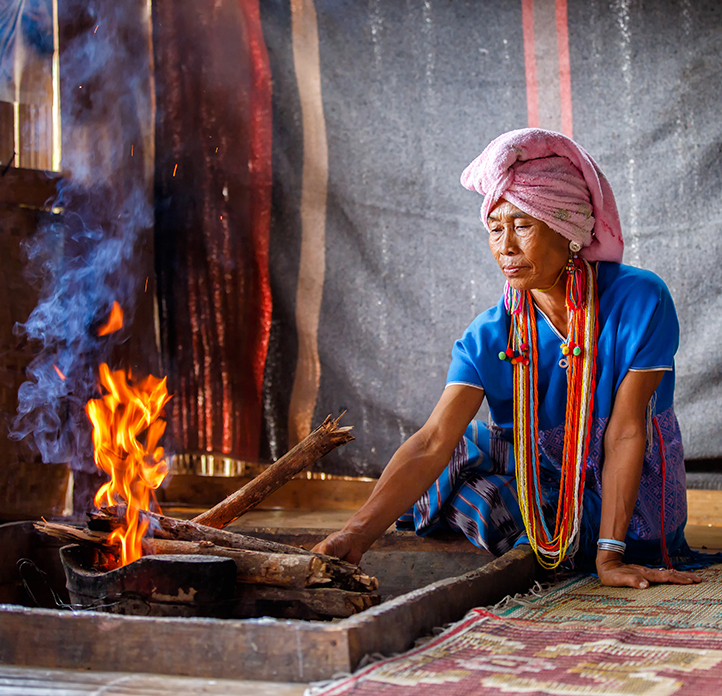
Our Journey Over Time
Explore the key moments, people, and projects that tell the story of CTM’s journey over time—built through partnerships, cultural exchange, and a shared vision of healing and sustainability.
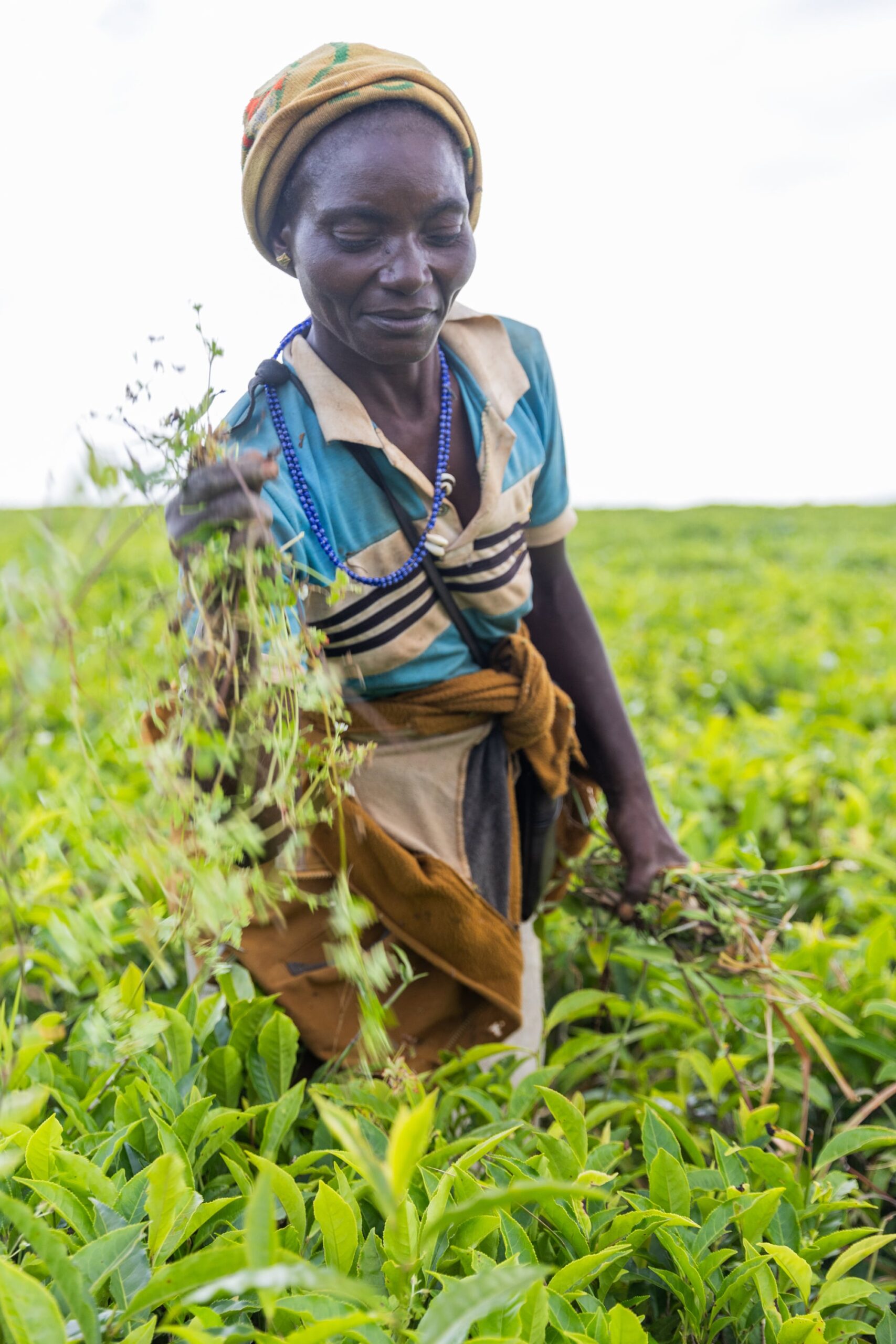
Advancing Traditional Medicine for Today’s World
Our mission is to blend Indigenous traditional medicine with complementary and integrative medicine, creating holistic, equitable health care solutions. We focus on:
-
Conducting research and providing clinical education that integrates Indigenous healing systems with modern medicine.
-
Applying local knowledge of medicinal plants and wild foods to support community health.
-
Advancing social justice through equitable health care initiatives.
-
Exploring the relationships between trauma, domestic violence, mental health, physical health, and the healing process.
-
Enhance cultural competency in health care by training practitioners to respect and apply Indigenous perspectives.
Our Areas of Focus
Explore the core themes guiding our programs and initiatives. Each links to additional information or opens a dedicated section:
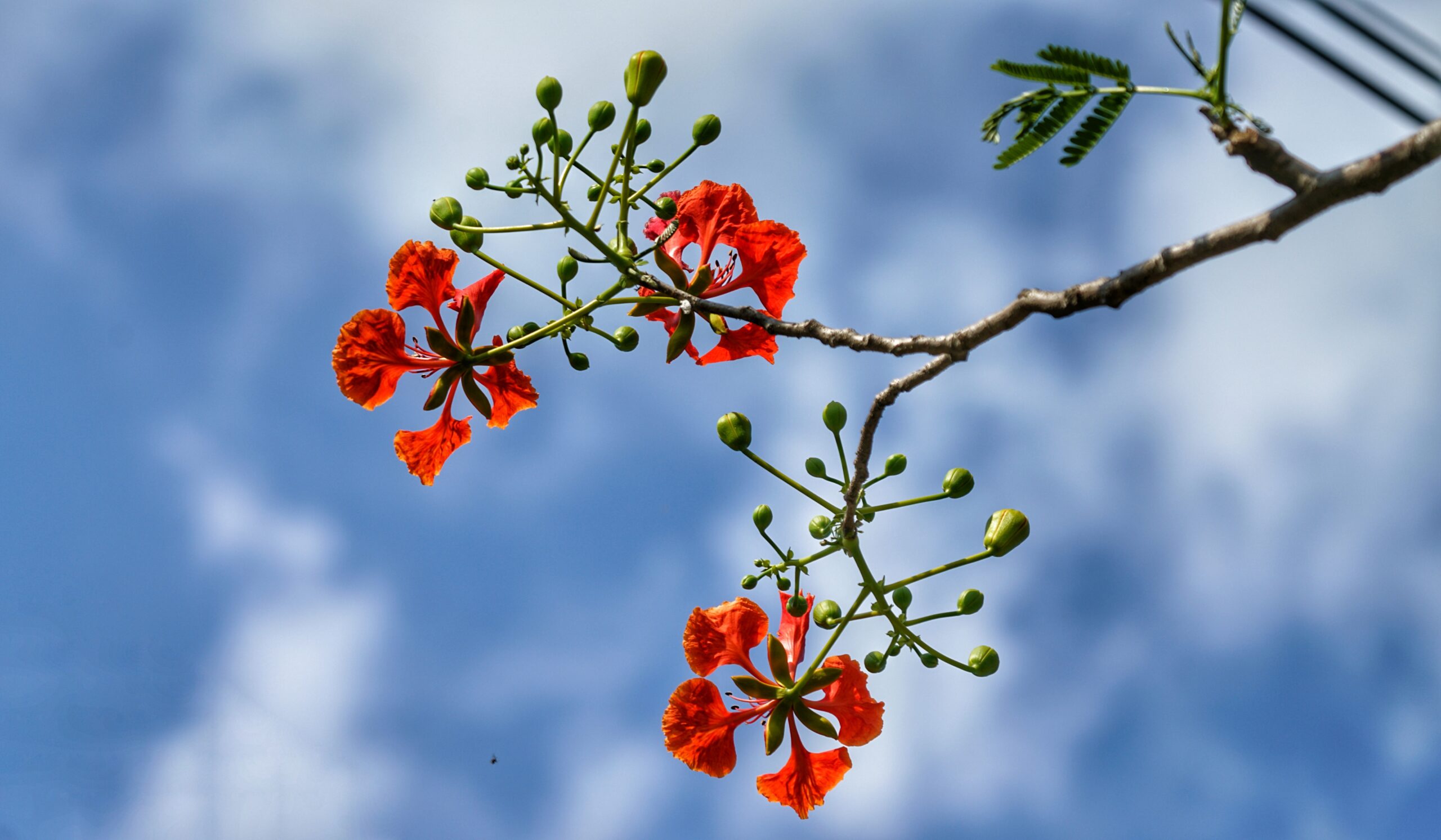
Medicinal Plants and Wild Foods
The Wild Plants and Herbal Medicine Project has been active since 1975. We document and preserve Indigenous knowledge of healing plants and foods in western Mexico and the Pacific Northwest of the United States.
Grounded in community collaboration, the project uplifts local priorities and supports traditional ecological knowledge, ethnobotany, and ancestral practices while integrating biomedical insights.
Our work honors and advances traditional medicine as essential to integrative, culturally grounded healthcare while advancing food and health sovereignty.
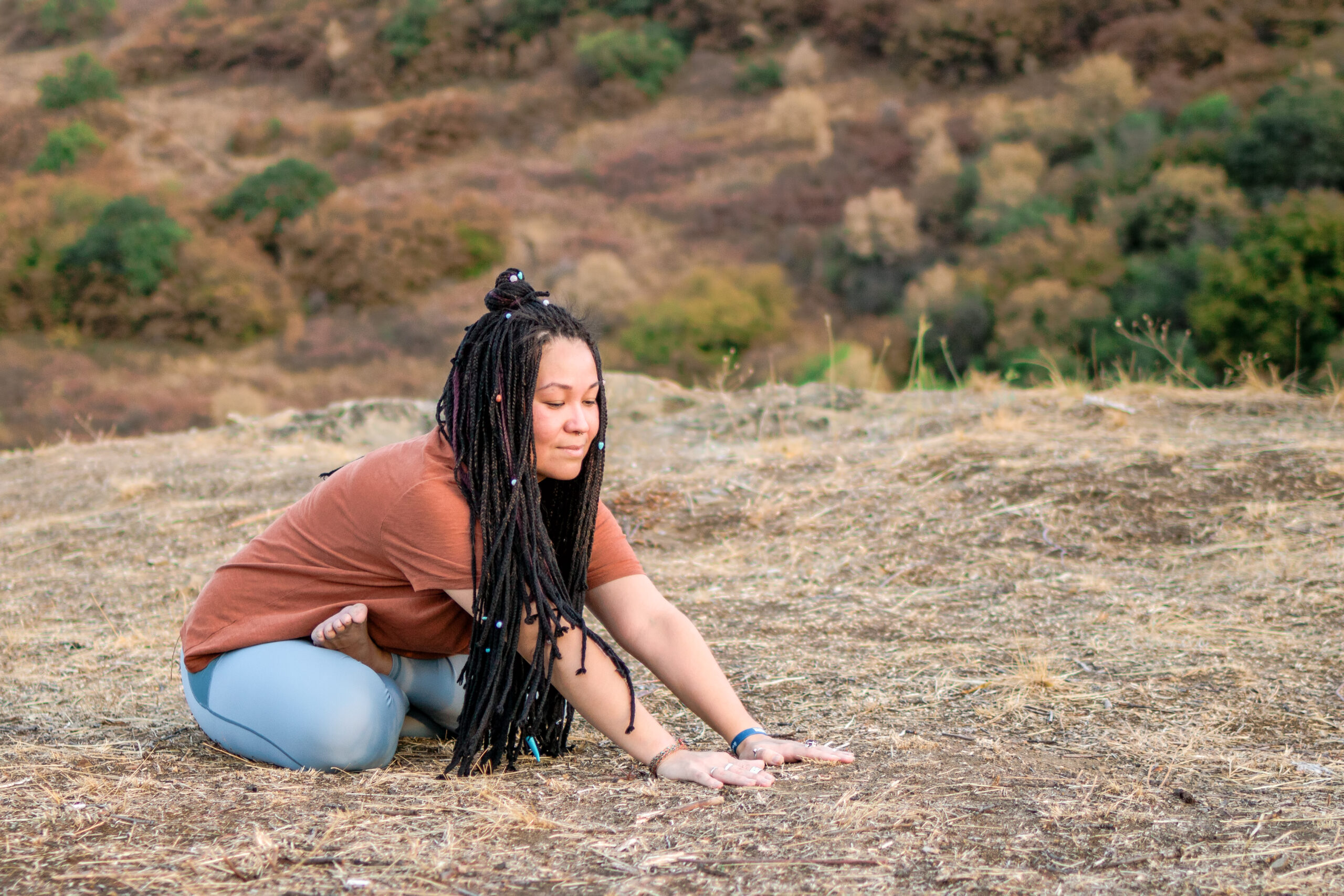
Traditional Medicine for Trauma & Mental Health
Our work prioritizes the experience of trauma and its ongoing aftermath as central to Indigenous peoples’ daily lives. We advance healing methods, rooted in Indigenous knowledge systems, for individuals and communities that are informed by the diversity of global cultures and the colonial experience.
We believe interpersonal, historical, and community trauma can be addressed by also incorporating nutrition trauma—the loss of traditional foodways and access to the healing gifts of nature that nourish mind, body, and spirit. We blend Indigenous knowledge with holistic practices. Culture—cult as in worship, and ure, earth—holds the root to healing the mind, body, and spirit.
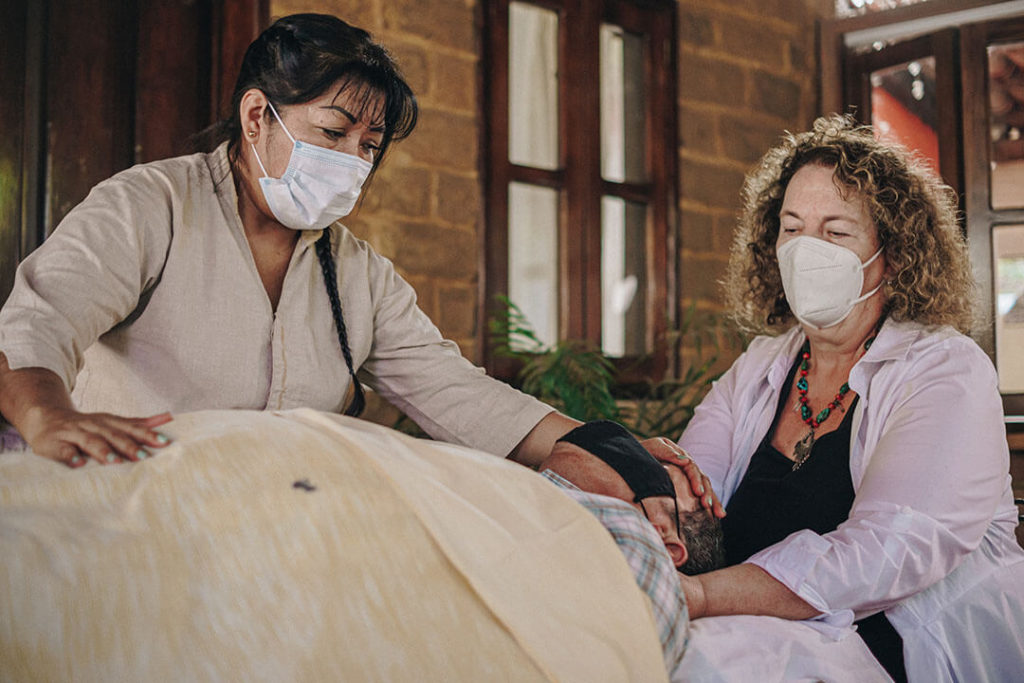
Deconstructing Type 2 Diabetes: Tradition as Medicine
Type 2 diabetes is a dis-ease of modernization, chronic stress, and the loss of traditional lifeways. Our ancestors did not experience type 2 diabetes. Our project integrates globally informed, culture-specific foods, herbs, massage, and movement with the best of natural medicine to support individuals and communities in defining their own paths to balance and revitalization.
Our projects bring pro bono health care to rural Indigenous peoples, design and develop educational programs, books and videos, and educate clinicians in heart-centered, effective clinical strategies to bring about community and individual change
Watch our award-winning 30-minute documentary Cradling the Heart.
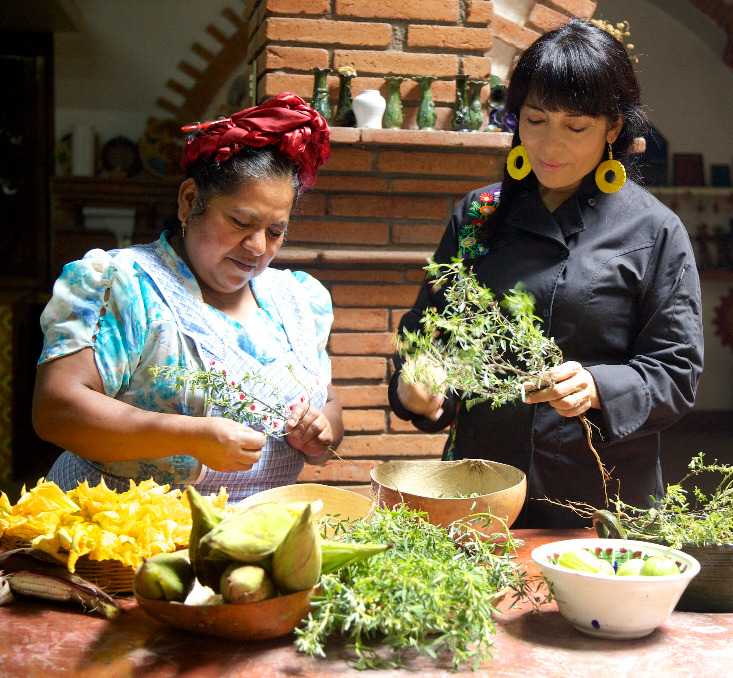
Call for Papers January 2026 and June 2026 | The Fourth World Journal
Special Issue: Women’s Traditional Medicine, Indigenous Knowledge, and Wisdom Ways
We invite submissions exploring the intersections of Indigenous medicine, women’s health, and community knowledge—from clinical practice and feminist theory to food sovereignty and environmental justice.
READ OUR CALL FOR PAPERSThank You to Our Donors

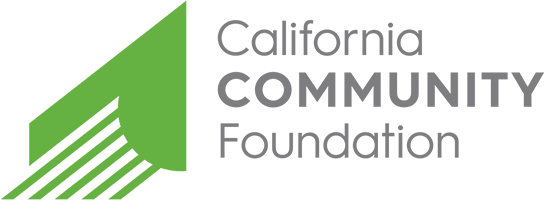
Elina Vesara
Ostern Fund

